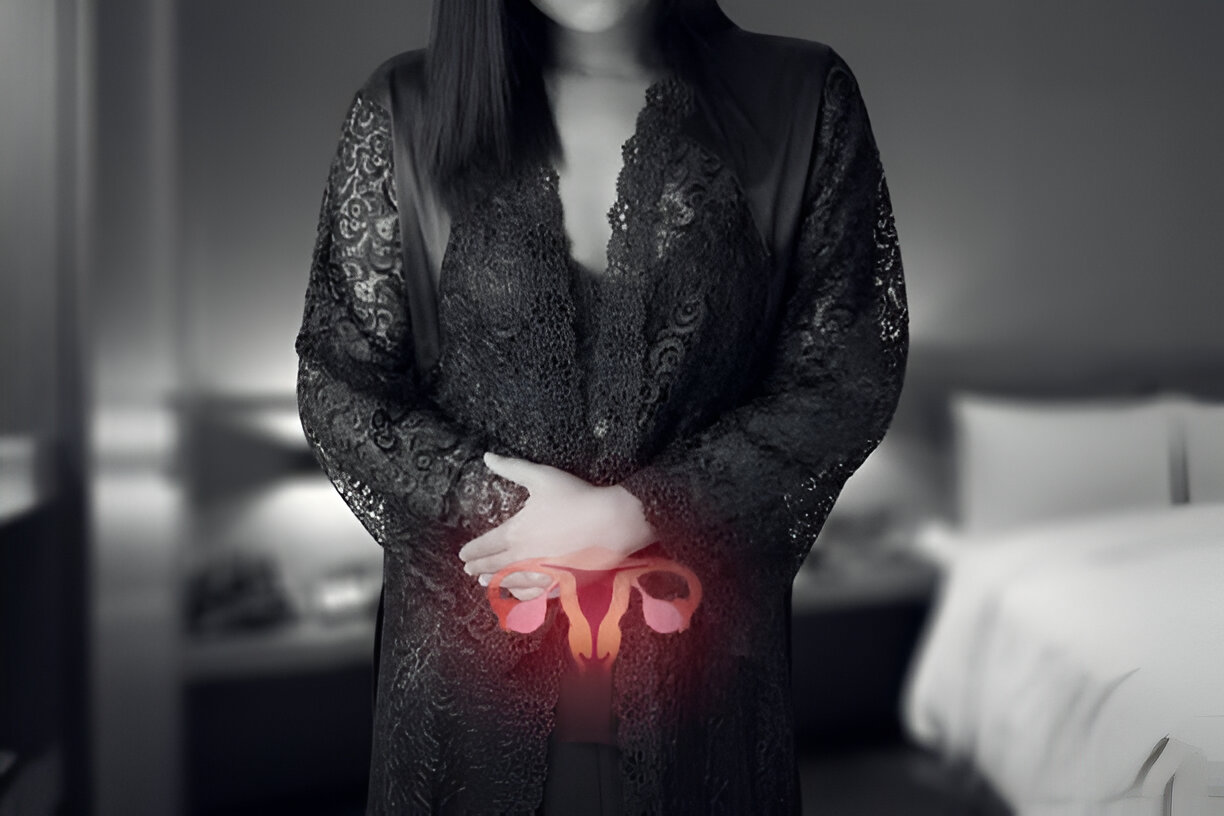
Dermoid Cyst
A dermoid cyst is a benign growth that can occur anywhere in the body but is most commonly found in the ovaries, skin, and spine. These cysts are made up of a variety of tissues, including hair, skin, and teeth, and are present from birth, often forming during embryonic development.
Symptoms
Ovarian Dermoid Cysts:
- Pelvic pain or discomfort
- Abdominal swelling or bloating
- Painful menstrual periods
- Pain during intercourse
- Frequent urination or difficulty emptying the bladder
- Visible lump or bump under the skin
- Swelling and tenderness in the affected area
- Inflammation or infection if the cyst ruptures
- Back Pain
- Neurological symptoms like weakness or numbness in the legs
- Difficulty walking or maintaining balance
- Dermoid cysts develop from cells that have the ability to form any type of tissue, known as pluripotent cells. These cells become trapped during the early stages of fetal development and later grow into a cyst.
- Genetic factors may play a role, but the exact cause is often not well understood.
- Observation: Small, asymptomatic dermoid cysts may not require immediate treatment and can be monitored for changes.
- Laparoscopic Surgery: Minimally invasive surgery often used for ovarian dermoid cysts.
- Excisional Surgery: Used for skin dermoid cysts or when the cyst is accessible and can be completely removed.
- Microsurgery: Often used for spinal dermoid cysts to minimize damage to surrounding tissues.
- Regular Check-ups: Regular medical check-ups can help monitor any known cysts and detect new ones early.
- Pain Management: Over-the-counter pain relievers can help manage discomfort associated with dermoid cysts.
- Healthy Diet and Exercise: Maintaining a healthy lifestyle can improve overall well-being and reduce the impact of symptoms.
- Monitor Symptoms: Keep track of any changes in symptoms and report them to your healthcare provider.
- Follow Post-Surgical Care Instructions: If surgery is performed, follow all post-operative care instructions to promote healing and prevent infection.
Skin Dermoid Cysts:
Spinal Dermoid Cysts:
Causes
What are the Treatment options : ?
Surgical Removal:
Health Care Tips?
How It Works?
Dermoid cysts are typically benign and non-cancerous. However, in rare cases, they can become malignant.
While removal usually eliminates the cyst, there is a small chance of recurrence if any tissue is left behind.